The Village Blacksmith is a poem written by Henry Longfellow, which I will look upon by writing The Village Blacksmith: summary and critical analysis.
The Village Blacksmith: Summary
“Under a spreading chestnut-tree
The village smithy stands;
The smith, a mighty man is he,
With large and sinewy hands;
And the muscles of his brawny arms
Are strong as iron bands.”
The poet here gives a description about the appearance of the village blacksmith in the village by telling about his physique and how strong his arms look. The poet gives description of his strong arms and muscles, which is a result ofhard work that he does being a blacksmith, and which frames his body like this.
“His hair is crisp, and black, and long,
His face is like the tan;
His brow is wet with honest sweat,
He earns whate’er he can,
And looks the whole world in the face,
For he owes not any man.”
The poet further gives some details of his appearance in this poem, by speaking about his hair, which is black, crisp and long, which comes from dwelling in the sun all day long harsh sunrays tan his face in the day. He is sweating from the hard work that he is doing. He is proud and dignified as he is an honest man, and he earns his living in honesty. Hence he is not afraid of anyone. These all are the marker of his hard work, which makes his body rough and strong. These symbols are also marker of the uncomfortable and hard work that he does on a daily basis, which has affected his body. However, he is a man who is not affected by his poor and harsh condition to fall into temptations of cheating and unfair business. The blacksmith is a noble man who does his business honestly.
“Week in, week out, from morn till night,
You can hear his bellows blow;
You can hear him swing his heavy sledge,
With measured beat and slow,
Like a sexton ringing the village bell,
When the evening sun is low.”
The poet now speaks how hard the village blacksmith works day and night, with his bellow and tools. One can hear the blows from his bellow, and him dragging his heavy sleigh. He dwells from the sunrise to sunset everyday.
“And children coming home from school
Look in at the open door;
They love to see the flaming forge,
And hear the bellows roar,
And catch the burning sparks that fly
Like chaff from a threshing-floor.”
The poet is speaking about how the children are mesmerised by his work. They are excited to look through the open door, to see the sparks flying from the flames, and his bellow hitting the metal. They love to see how the flames and the sparks are forming shapes in the air.
“He goes on Sunday to the church,
And sits among his boys;
He hears the parson pray and preach,
He hears his daughter’s voice,
Singing in the village choir,
And it makes his heart rejoice.”
In these limes, the poet is trying to show that the blacksmith is also a part of the society, where he participates in the social practices and customs. He goes to the church on Sundays and sits with his friends. He watches his daughter singing in the choir and he feels happy.
“It sounds to him like her mother’s voice,
Singing in Paradise!
He needs must think of her once more,
How in the grave she lies;
And with his hard, rough hand he wipes
A tear out of his eyes.”
He gets emotional as he sees his daughter singing in the choir, which reminds him of his wife. His wife passed away, and he is remembers her singing for him. He sees an image or reflection of his wife in his daughter. He finds her voice and singing divine, which brings tears to his eyes. The blacksmith sees a reflection of his wife in his daughter. These lines show the noble character of the blacksmith, and his love towards his family.
“Toiling,–rejoicing,–sorrowing,
Onward through life, he goes;
Each morning sees some task begin,
Each evening sees it close
Something attempted, something done,
Has earned a night’s repose.”
And hence he lives his life like this, toiling for his living, rejoicing with his friends and daughter, remembering his wife and her memories. He begins his work in the morning and dwells till night to earn his living. He would try to attempt to do something new, and some work he would complete for the day, and some he would think to finish the next day. These lines mean that the blacksmith dwells with work which is the similar work of a lot of thoughtless physical work. He is following the similar works everyday to earn a living, and sleeps at peace.
“Thanks, thanks to thee, my worthy friend,
For the lesson thou hast taught!
Thus at the flaming forge of life
Our fortunes must be wrought;
Thus on its sounding anvil shaped
Each burning deed and thought.”
In this last stanza, the poet is thanking the blacksmith for a lesson that he has taught him without his knowledge. The way the blacksmith dwells from day and night teaches him that we are makers of our own fate, and each day we shape our future and life with our own hands. You can also refer to The Village Blacksmith Analysis here.
Some online learning platforms provide certifications, while others are designed to simply grow your skills in your personal and professional life. Including Masterclass and Coursera, here are our recommendations for the best online learning platforms you can sign up for today.
The 7 Best Online Learning Platforms of 2022
- Best Overall: Coursera
- Best for Niche Topics: Udemy
- Best for Creative Fields: Skillshare
- Best for Celebrity Lessons: MasterClass
- Best for STEM: EdX
- Best for Career Building: Udacity
- Best for Data Learning: Pluralsight

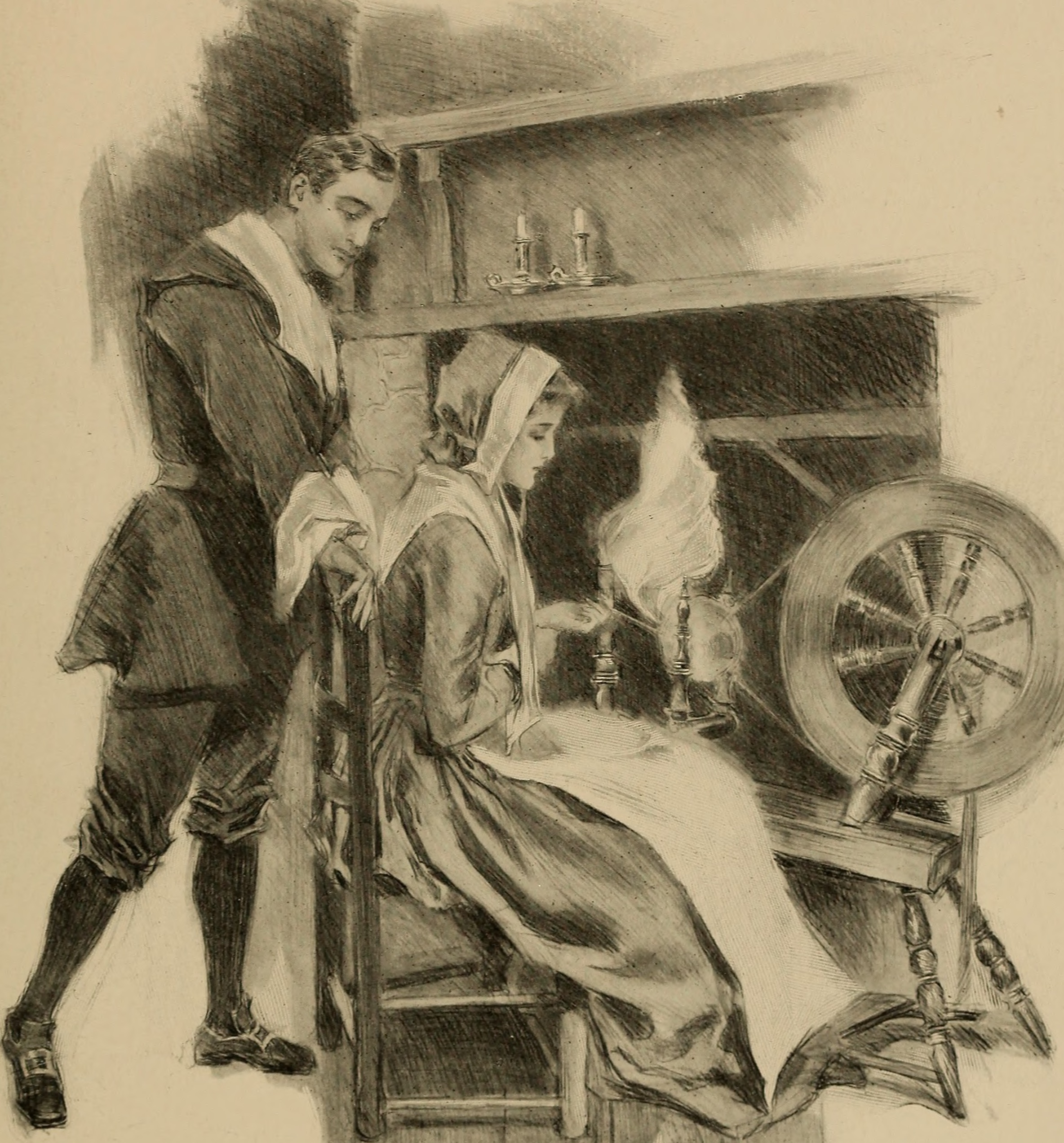
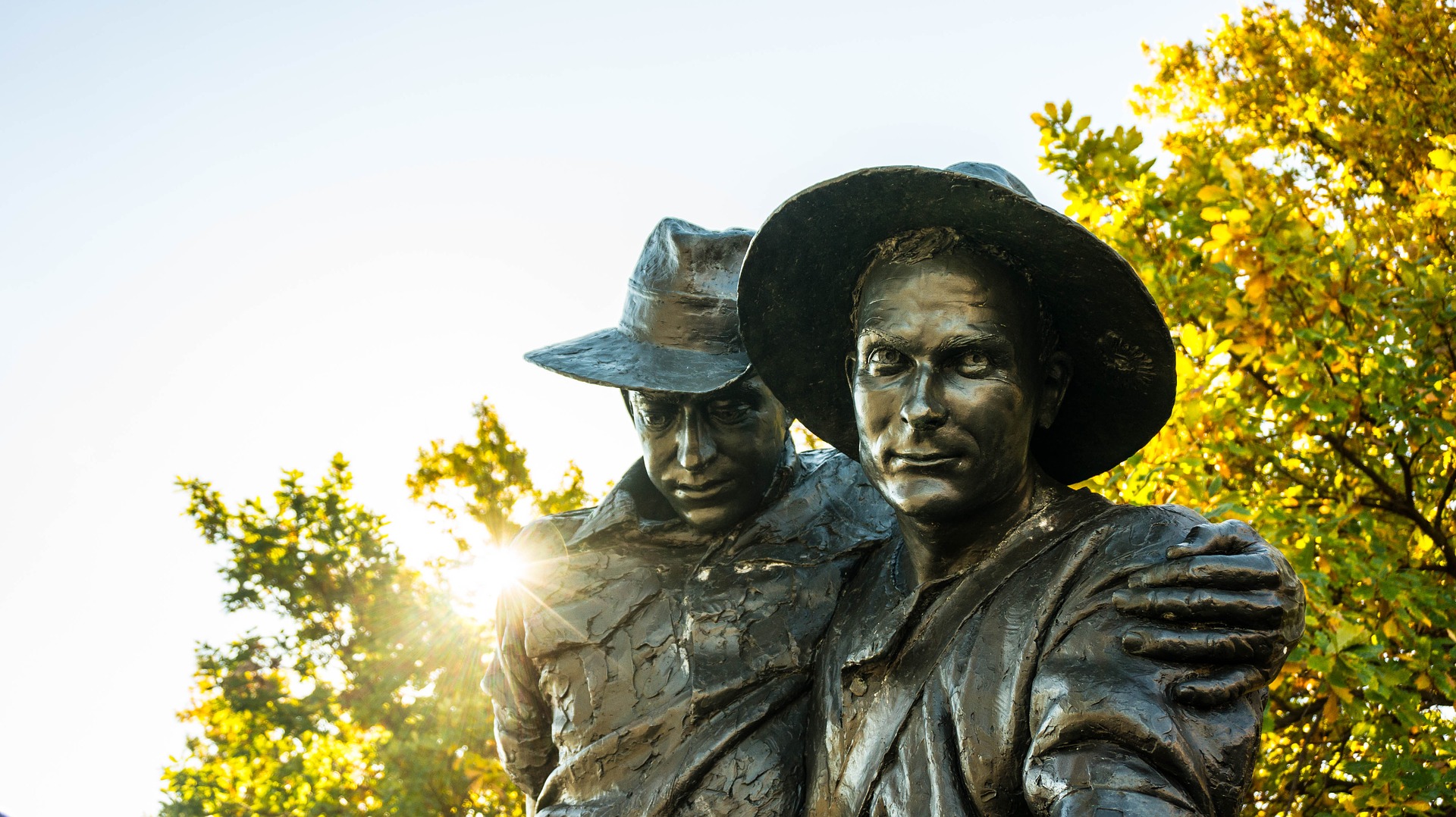
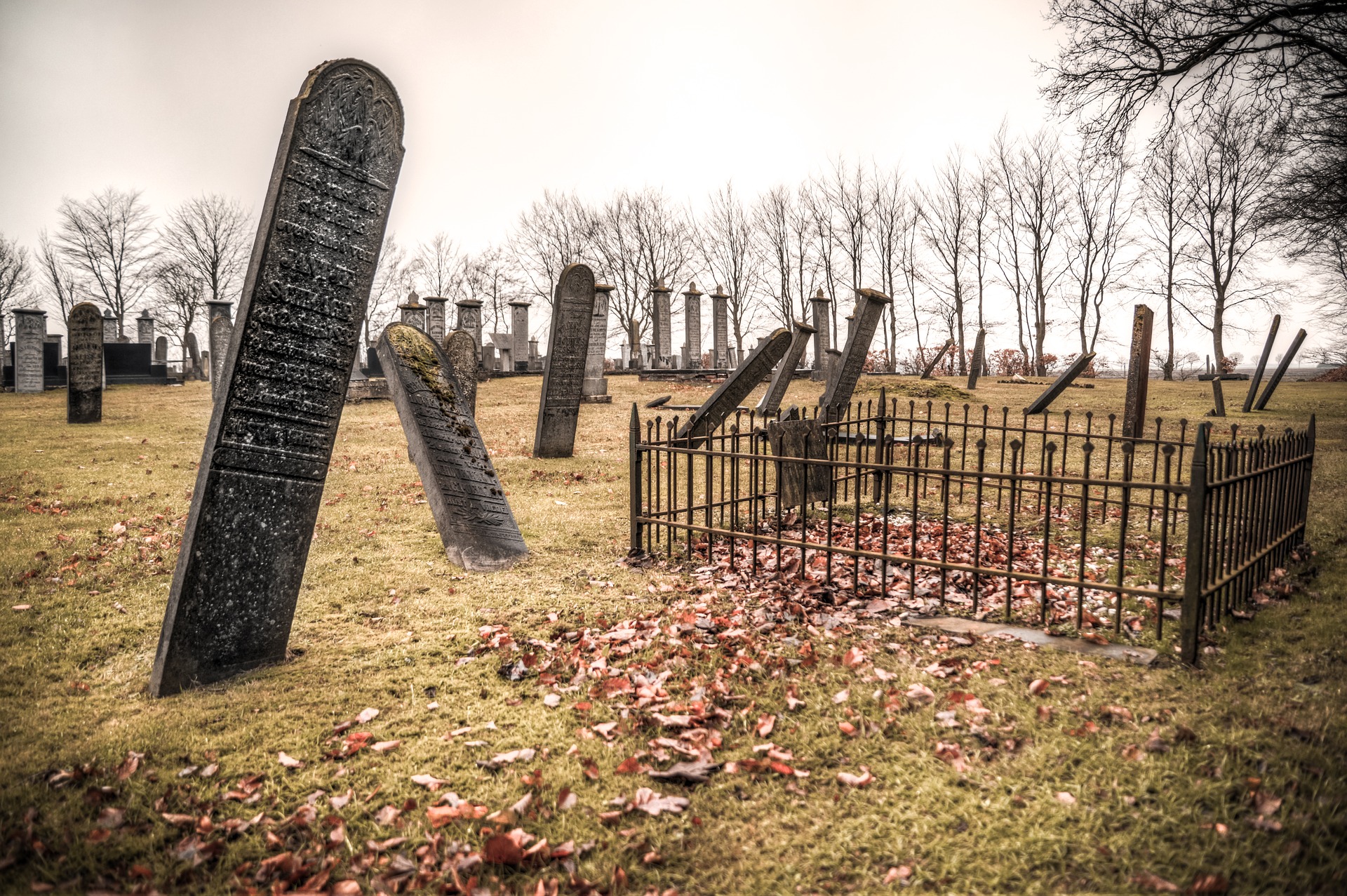

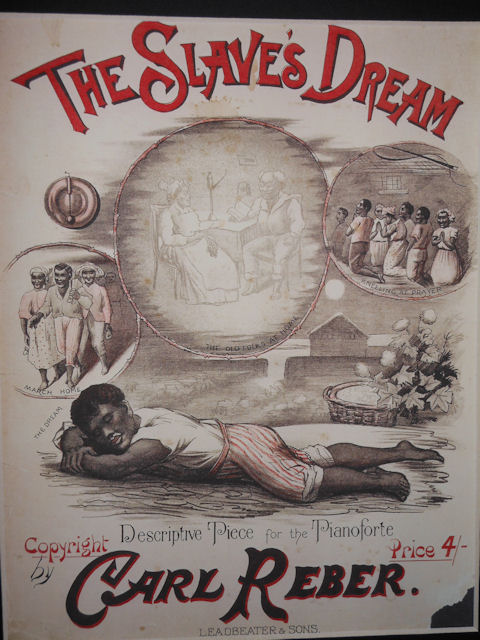

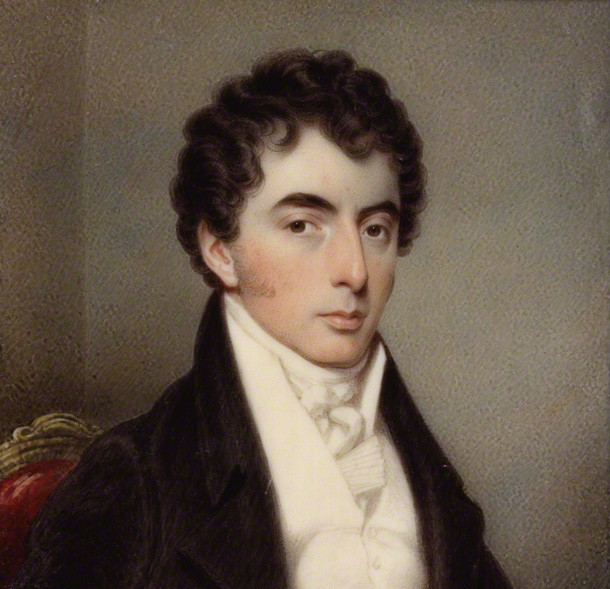


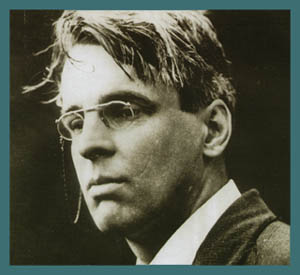





Thanx for the summary it helped me a lot in english home-work